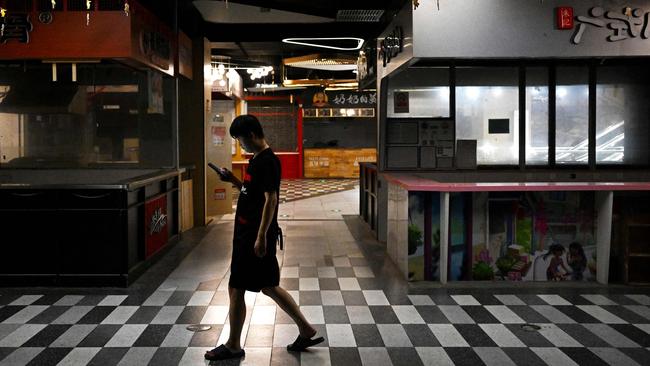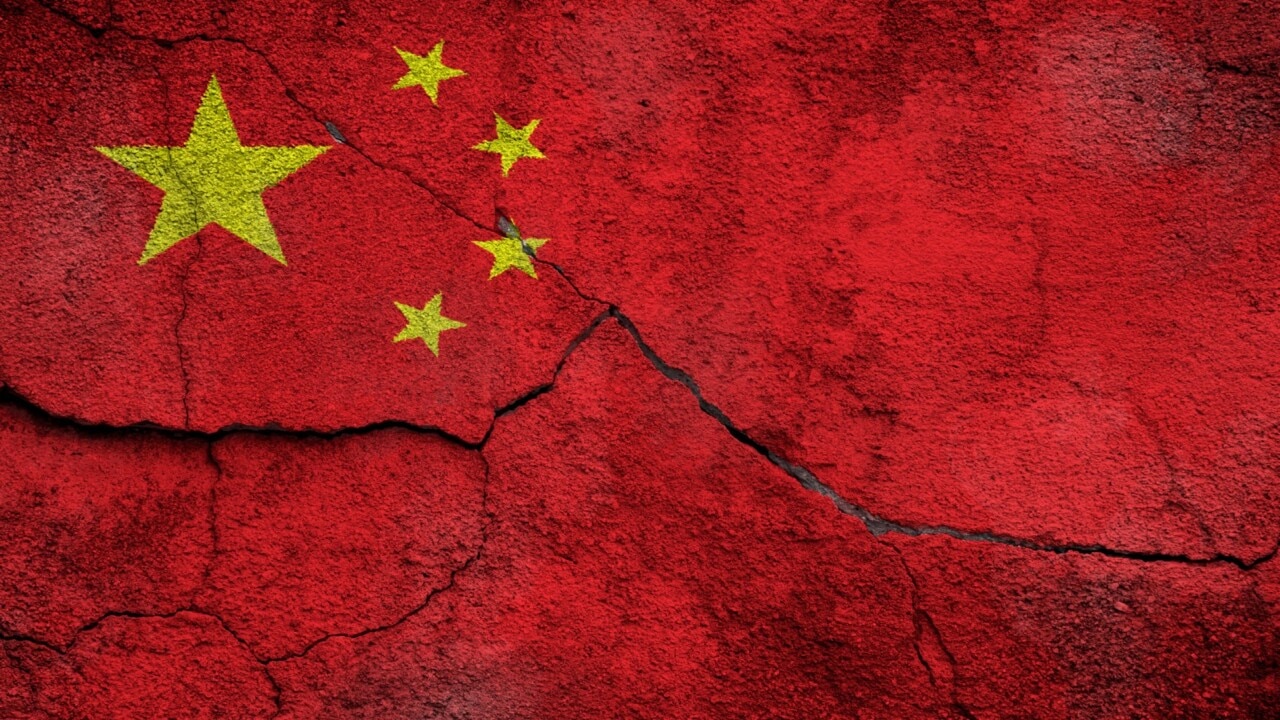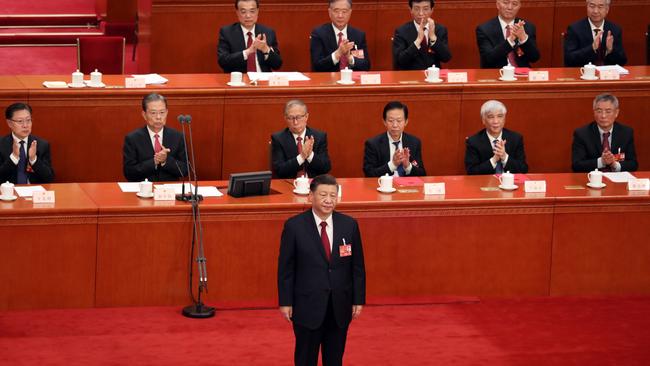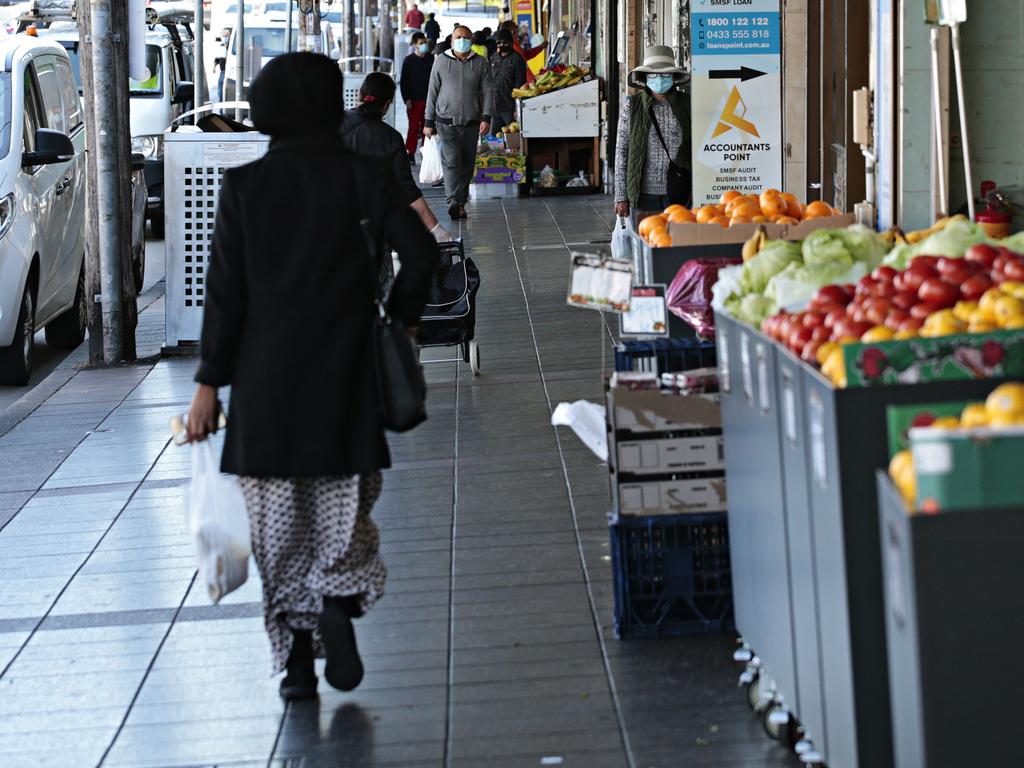Slowing Chinese economy is bad for Australia but where are the reforms needed to ease impact?


The hope that China’s economy would give the world the boost it needed as lockdowns were lifted simply hasn’t transpired. Consumer confidence domestically is dire, and showing few signs of improving.
The ageing of the population is contributing to its problems. If you can get past the irony of US President Joe Biden lamenting the challenges of an ageing workforce in China representing a “ticking time bomb”, he’s not wrong. The western world also must solve the challenges of an ageing demographic bubble, but it needs to do so having already elevated living standards to developed levels. China is less than half way there, which risks political fallout if prosperity doesn’t keep improving.

In decades gone by democratic theorists predicted a reckoning in China because its authoritarian administration wasn’t prepared to embrace democratisation. While that never materialised, the severe problems it faces in ageing are a direct consequence of authoritarian policy making. The one-child policy that worsened the ageing of the Chinese population never would have been enforceable in a democratic polity.
Now analysts are wondering if China’s foray into international development will continue as domestic economic pressures take hold. Expanding spheres of influence internationally isn’t cheap. So far is remains a priority for President Xi, but that could change if tensions at home grow.
In the early 15th century the Ming dynasty cancelled the exploration of its treasure fleet because of pressures coming from its northern borders. A moment in time which saw China turn inward and lose its economic advantage at the same time as Europe was being to explore.

It was a turning point in world history. Perhaps Xi is mindful not to make the same mistake.
Australia’s economic success is in no small part predicated on commodities exports to China. With its property market in free fall, as prices plummet in major and minor cities alike, it’s only a matter of time before demand for coal and iron ore falls away too. Australia’s prosperity once rode on the sheep’s back, but in recent times the mining boom has delivered strong economic growth and inflated tax receipts for governments. We have China to thank for that. The new Labor government can also thank booming commodities markets for delivering the nation’s first surplus since the Howard era.
Treasurer Jim Chalmers has admitted that a slowing Chinese economy is bad news for Australia, but we aren’t seeing the sorts of sector reforms necessary to minimise its impact. That’s notwithstanding the challenges identified in last week’s inter generational report.
Whether Labor muscles up and emulates the important reforming tendencies of the Labor governments of the 1980s or not, it can’t avoid the economic pain coming our way. The challenge is a long-term one, but it also could have short-term implications for a government that won’t want a recession on its watch.
Peter van Onselen is a professor of politics and public policy at the University of Western Australia and Griffith University.







Australians need to brace for the economic impact of a Chinese contagion. The middle kingdom’s economy is at risk of slow growth leading to deflation. Its stockmarket is down 5 per cent on this time last year. The property market is in crisis. Youth unemployment is above 20 per cent, so bad that authorities have cancelled regular updates on precisely how much worse the figures are getting.